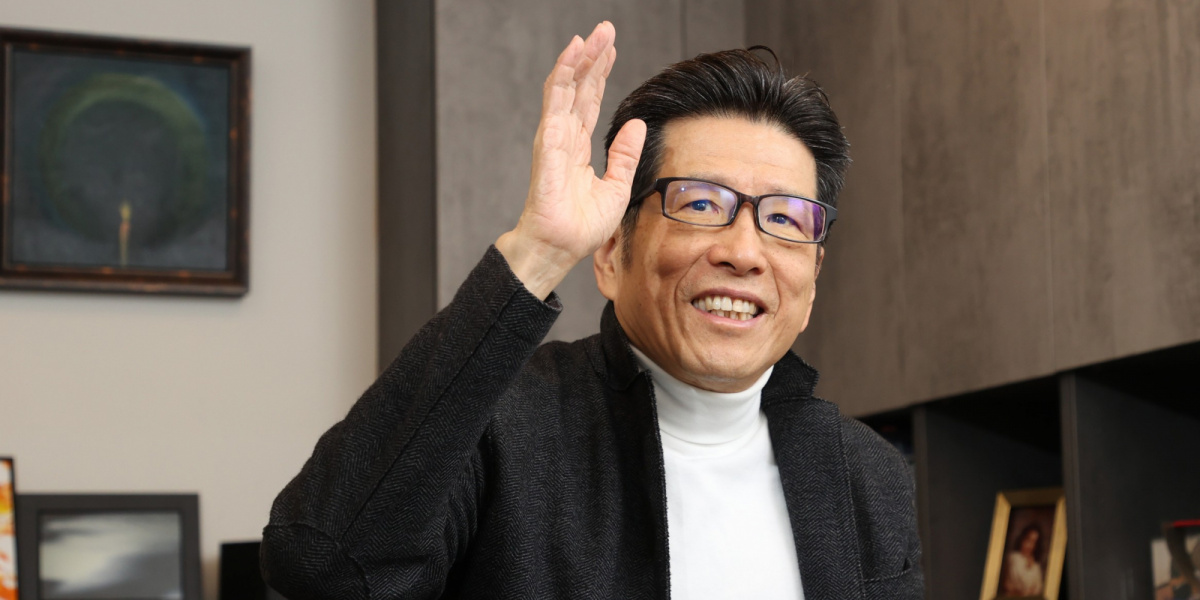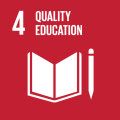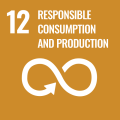Philanthropy is a discipline: The blueprint of Stanley Yen's vision has four stages, and behind each
This is an English translation of the Chinese article featured in United Daily News. English translation by Angela Chin.
Stanley Yen, Chair of The Alliance Cultural Foundation (ACF), has always believed that philanthropy should not merely focus on emergency relief. He envisions it in four stages; in each stage, many angels "behind the scenes" are needed. Having been engaged in philanthropy since his time at the Landis Hospitality Group, he now plans to write a book titled "The Portrait of Angels."
Clare Chen, an angel and driving force for a cappella music
Clare Chen, founder of International C & J Ltd., who passed away in 2022, is one of Chair Yen's angels. Known as a shoe industry powerhouse, Chen is also an important promoter of a cappella music in Taiwan. She founded the a cappella platform Vocal Asia, based in Taiwan but with a focus across Asia. Chair Yen said that without angels like Chen, he would not be able to fulfill many of his philanthropic dreams.
Four stages of philanthropy
When people mention philanthropy, they think of donations, poverty alleviation, emergency relief, and rescue. In Chair Yen's view, this is merely the first stage of philanthropy, "giving." The purpose of this stage is to enable the recipients to survive.
The second stage of philanthropy is "placement," which provides settlement, education, and job opportunities for the beneficiaries.
Chair Yen believes that the third stage of philanthropy is "empowerment," which involves cultivating individuals among the beneficiaries who can change the community and support them in exerting their power. This requires a vertical approach, focusing on long-term education, to develop a few individuals who have a sense of mission and strive upwards.
The fourth stage, "propagation," is for the government to take over and implement and replicate these philanthropic models, allowing them to spread widely.
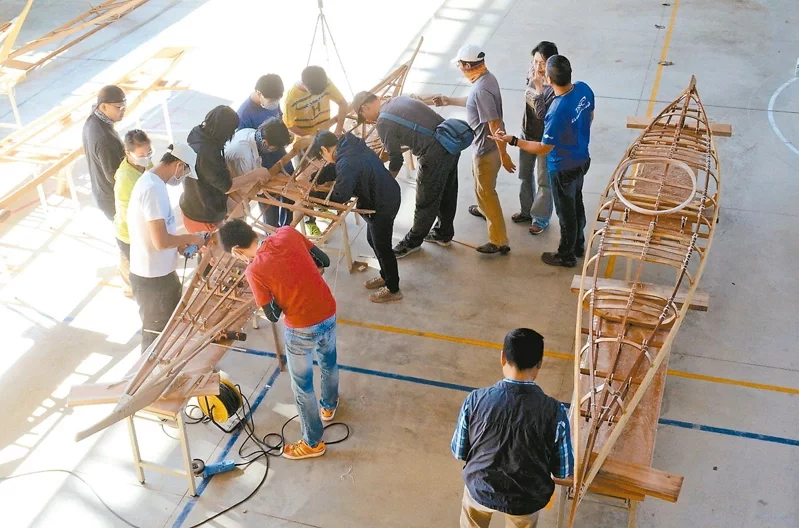
Venerable Master Hsing Yun unconditionally handed Junyi School of Innovation over to Chair Yen
In 2011, when the late Master Hsing Yun entrusted the Junyi School of Innovation to Chair Yen, the school already had a mission to cultivate talents in remote, a mission shared by Chair Yen and that fit with his philanthropic blueprint.
When Master Hsing Yun founded the school in 2008, it was initially a primary and middle school. After Chair Yen established ACF in Taitung in 2009, he inquired about the Junyi School, and Master Hsing Yun expressed his willingness to hand it over unconditionally. Since then, Junyi School has grown into a high school and added three new buildings.
The school has three creative academic fields: "International Hospitality and Tourism," "Green Architecture," and "Contemporary Art." It also has a "Junyi Innovative Study Abroad Program" (JISAP), which encourages high school students to study at American community colleges and United World Colleges (UWC). Many of these students are from remote areas and indigenous communities. Chair Yen said they would support the study abroad program to resolve common family issues such as intergenerational upbringing.
Some of these students come from single-parent families where the mother passed away and the father struggled with alcoholism. "If we don't help them change, who will we help?" said Chair Yen; however, the challenge lies in finding funding. Although fundraising has been difficult, they are sometimes fortunate to receive support from angels.
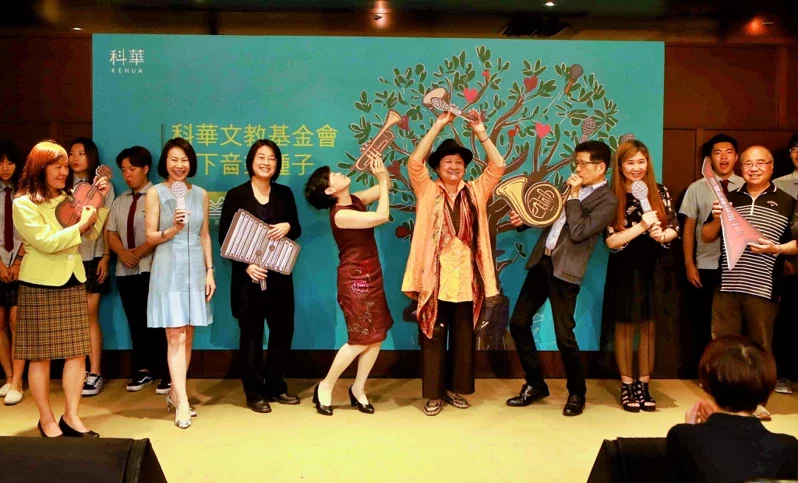
The Patrons/Angels of ACF
When JISAP was first developed, a former colleague of Chair Yen volunteered to cover the tuition of one of the students to pursue study for two years at a community college. Friends of Chair Yen in the Silicon Valley area formed The Alliance Cultural Foundation International (ACFI) to assist with fundraising.
Chen also provided support during Junyi School's transformation. Chair Yen said that Chen has always been a good friend. When she visited Junyi School in Taitung, she saw developers building houses near the school and immediately reserved two units. When asked why she bought them, she said, "Your school will need them sooner or later." One unit was designated for promoting acappella in Taitung, and the other was for ACF.
"These two buildings turned out to be a great help!" Chair Yen said. These two properties were townhouses, each with multiple floors featuring five suites and a living room. As Chen predicted, both units are consistently fully occupied due to frequent visitors to Junyi School. Before her passing, Chen transferred one of the properties to ACF.
"In the over ten years since I established ACF, many stories like these have moved me," Chair Yen said. He acknowledged that the success of ACF and Junyi School is not solely his achievement. While he recognizes his vision, experience, and sense of mission, it would not have been possible without these people. He wants to write a book about them and has tentatively titled it "Portrait of the Angels."
After this model succeeds, Chair Yen hopes the government will recognize and adopt the model, essentially fulfilling the fourth stage of philanthropy. He wants to prove to the government that this approach is the only way to transform and change the future. Chair Yen stated that compared to existing public schools in the Hualien-Taitung area, which often face deep-rooted issues and are difficult to reform, successful examples must be demonstrated to convince the government. He wants the government, with its vast resources, to allocate some of them to support the disadvantaged rather than distribute resources for elections, creating an illusion of fairness.
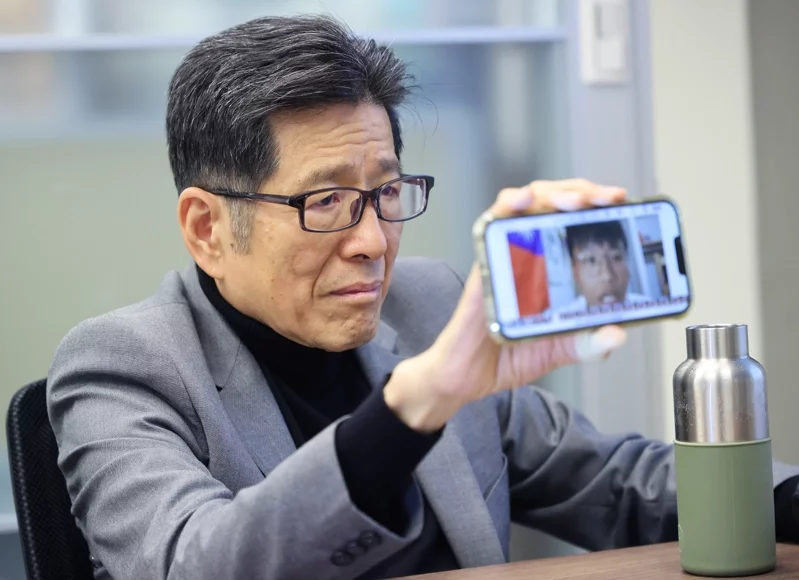
Unfulfilled dream to rebuild the Xincheng Catholic Church and revive Bethlehem Mission Society Chair Yen also hopes to fulfill Chen's final wish. The Xincheng Catholic Church in Hualien, combining elements of Japanese torii gates and Western Catholic features, was once a clinic with significant cultural heritage value. Chen, a Catholic and a Swiss priest known by his Chinese name Tai Hung-chi agreed to transform the former wards into accommodations to house Catholic pilgrims who would visit the many churches in the Hualien-Taitung region. Unfortunately, Chen passed away before her dream could be realized. The Bethlehem Mission Society, also from Switzerland, faces a similar crisis, and the future of their site in Taitung remains uncertain. Chair Yen believes it is a historical relic and a living civic teaching and educational site. He believes teachers from all over Taiwan should bring their students to see the many exemplary practices that were once carried out there; however, the government seems unsure how to transform this environment into a learning environment. If Chen were still alive, she would step forward to assist.
- End of United Daily News article -

